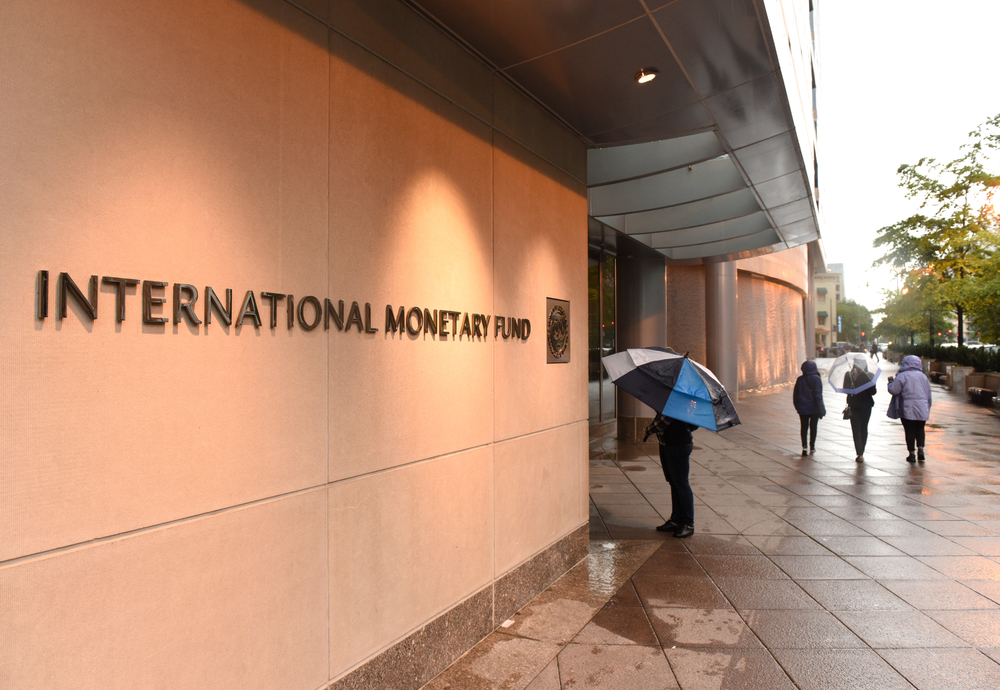IMF urges Dutch to focus on investment, not spending power

Dutch economic policy should focus more on investment and less on boosting spending power, according to the International Monetary Fund’s latest review of the Netherlands.
Without a shift in strategy, the economy will stagnate, the IMF said, outlining a list of recommendations — many of which directly conflict with the right-wing government’s current policy.
IMF mission leader Fabian Bornhorst told reporters at the Dutch central bank in Amsterdam on Tuesday that the Dutch economy is operating at full capacity, which is why inflation remains high.
However, the shortage of skilled labour, ongoing issues with nitrogen-based pollution, and limited capacity on the electricity grid are also beginning to have an impact, Bornhorst said.
Actual incomes in the Netherlands are now above pre-coronavirus pandemic levels, meaning the government can shift away from a focus on spending power, the IMF said. Instead, it should concentrate on long-term investment in education, infrastructure and research and development, which would support sustainable economic growth.
The IMF criticised the decision to freeze social housing rents for two years, saying it offers targeted support to a limited group of households while slowing investment in new housing.
It also warned that cuts in R&D spending undermine the need for innovation, while lower energy taxes discourage a shift to more environmentally friendly alternatives.
“The level of investment in the Netherlands is now trailing similar countries and that means there is room for growth,” Bornhorst told the Financieele Dagblad. “There is a risk that uncertainty about economic policy will hit manufacturing confidence.”
This uncertainty, combined with the US trade war, is weakening the Dutch investment climate, he said. “These times demand consistent government measures which strengthen confidence.”
As in previous years, the IMF outlined a series of recommendations aimed at maintaining economic stability. These included abolishing the reduced VAT rate, accelerating the rise in the state pension age, and raising taxes on fossil fuels and income from private assets.
The IMF also called for “better integration of workers with a migratory background” through increased language training, job search support and recognition of qualifications gained abroad.
Housing market
The housing market, it said, is again showing signs of overheating, with square metre prices among the highest in Europe. The Netherlands needs to expand housing supply and reduce mortgage tax relief, the IMF said. It should also lower the maximum borrowing limit for home buyers to 90% of a property’s value, from the current 100%.
Thank you for donating to DutchNews.nl.
We could not provide the Dutch News service, and keep it free of charge, without the generous support of our readers. Your donations allow us to report on issues you tell us matter, and provide you with a summary of the most important Dutch news each day.
Make a donation